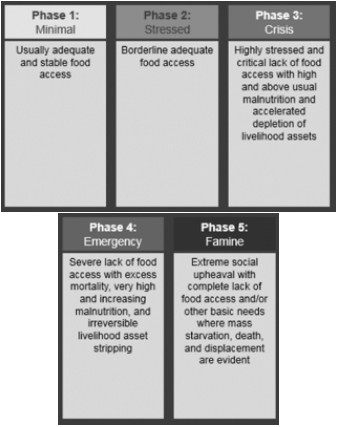Food insecurity hits nearly 60% of Brazilians, study shows.
A study from the Brazilian Research Network on Food Sovereignty
and Security released Wednesday showed that 58.7% of Brazilians lived
with food insecurity, which replicated data not seen since 1993. In other
words, 125.2 million people are affected by this issue, while 15% of the
population, or about 33 million people, go hungry on a daily basis.
The document also highlighted that this phenomenon was a consequence of the country’s economic crisis and the ensuing labor market situation. The survey consisted of interviews conducted between November
2021 and April this year in 12,745 households across 577 municipalities
in all states. Compared to 2018, the increase in the Brazilian population
with food insecurity is 60% and since 2020 this figure grew by 7.2%.
It was the second National Survey on Food Insecurity in the context
of the Covid-19 pandemic in Brazil and showed that the daily victims of
hunger increased from 19 to 33 million from 2021 to 2022. The most
affected areas of the country are the North and Northeast, with 25.7% and
21% of the families involved, respectively. The report also revealed that
60% of households in rural areas are food insecure, with 18.6% of them in
the most severe state. Hunger also affected 21.8% of the families of small
agricultural producers.
The study also focused on investigating the relationship between food
and race and confirmed that access to food is not a problem for 53.2% of
the households of self-declared white people, but this percentage drops to
35% in the homes of self-declared black people. In these families, the percentage of people who suffer from a lack of food on a daily basis increased
from 10.4% to 18.1%. The situation worsened in households managed by
black women, of which 63% showed some degree of insecurity.
According to the survey, in 2022, one out of three Brazilians did something that caused shame, sadness or regret in order to obtain food. "We
have gone back 30 years in the fight against hunger, it’s scary. But the
current indignant movement is far from the indignation of 1993 with 32
million hungry people. We are inert as a society," explained Kiko Afonso,
one of the members of the team to conduct the study.
From:https://en.mercopress.com/2022/06/09/food-insecurity-hits-nearly-60-of-brazilians-study-shows. Accessed on 07/10/2022

